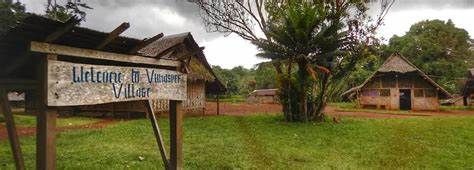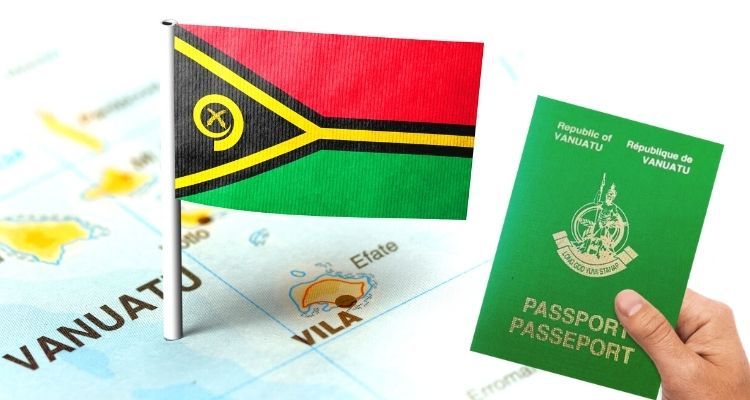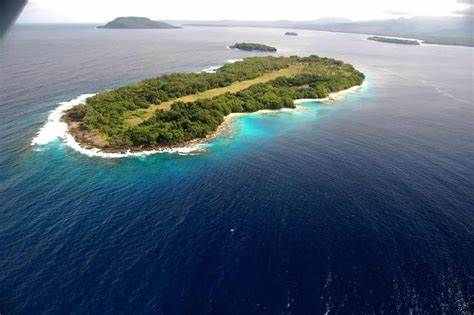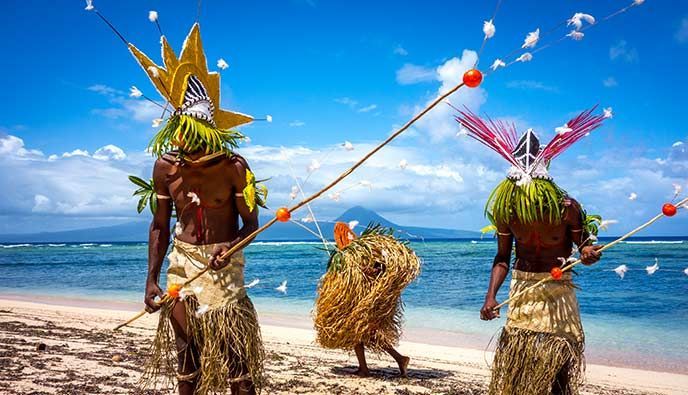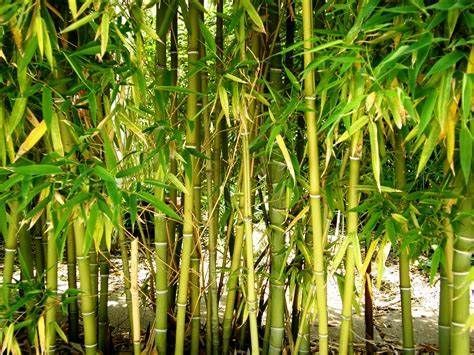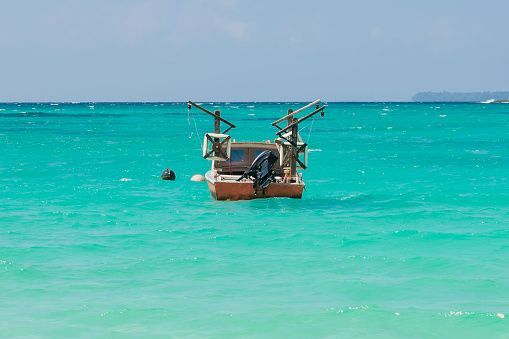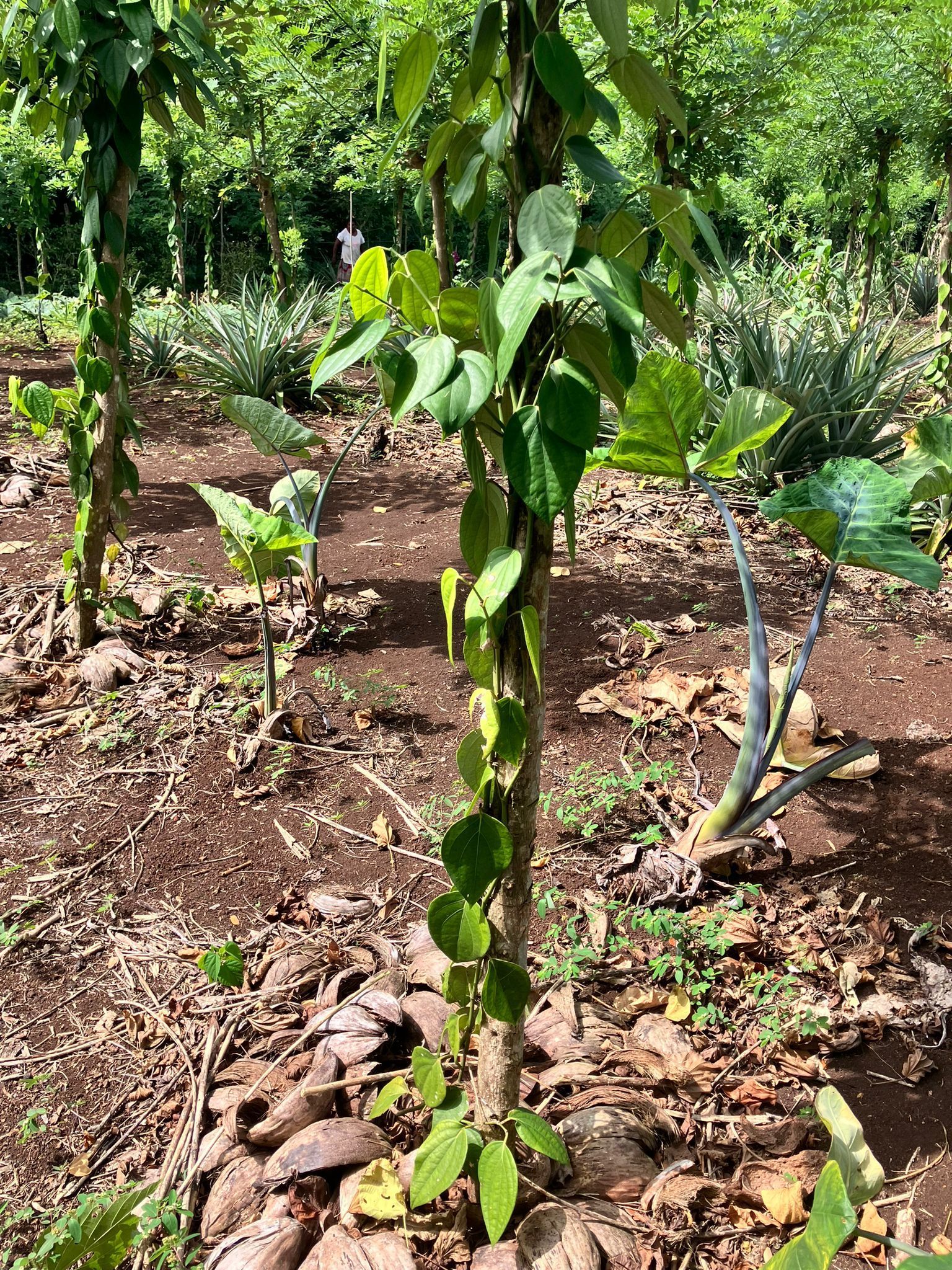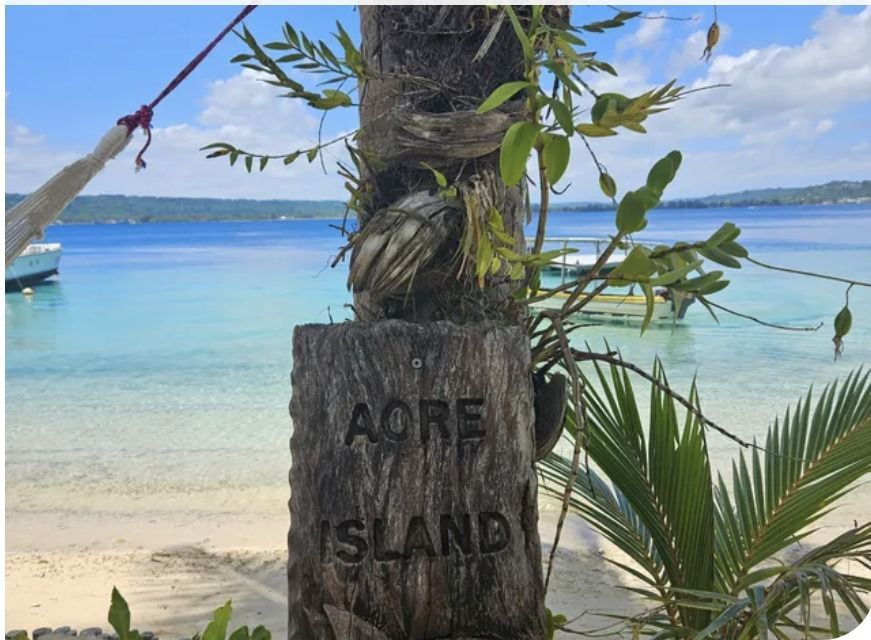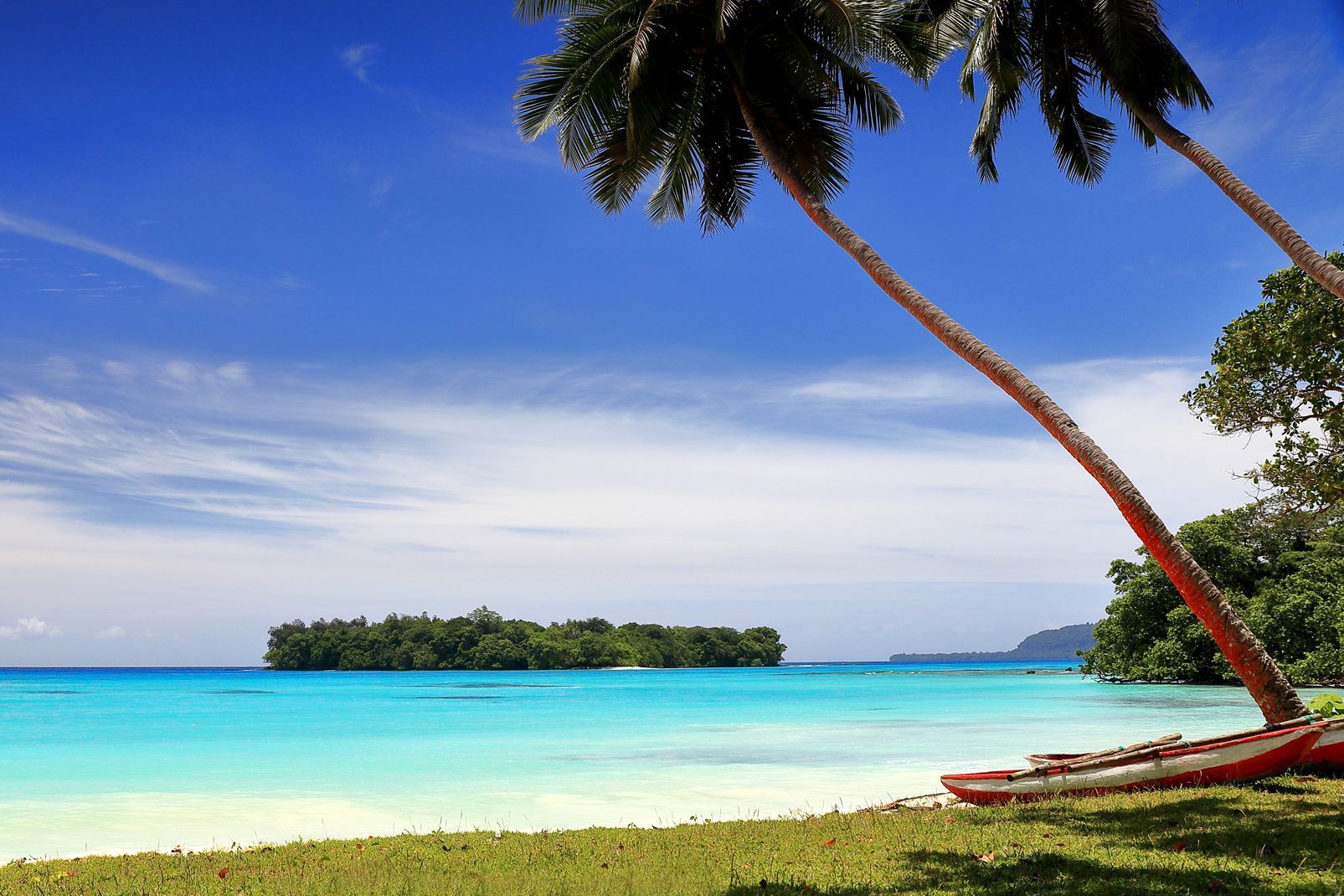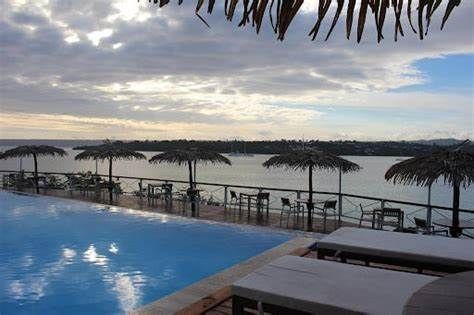How does lease hold work in Vanuatu?
How does lease hold work in Vanuatu?
"Understanding Leasehold Agreements in Vanuatu: A Comprehensive Guide to Property Rights and Management"
Understanding Leasehold Land in Vanuatu: A Comprehensive Guide
Vanuatu, an archipelago in the South Pacific, boasts stunning natural beauty, rich culture, and growing opportunities for investment. Its unique landownership system is characterized by a dual structure: freehold and leasehold. While freehold land is predominantly owned by indigenous landowners, leasehold provides a pathway for non-citizens and investors to engage with the land in this beautiful paradise. Understanding how leasehold works in Vanuatu is essential for those looking to invest or establish businesses in the region.
What is Leasehold?
Leasehold refers to a system where a person or entity (the leaseholder) gains the right to use and occupy a parcel of land for a specified period, while the ownership of the land remains with another party, typically the government or traditional landowners. In Vanuatu, leasehold arrangements are commonly used by expatriates and investors who wish to conduct business, particularly in tourism and real estate.
Types of Leasehold in Vanuatu
There are two primary types of leases available in Vanuatu:
- Crown Leases: These are leases granted by the government on Crown land, which is property owned by the state. Crown leases typically range from 50 to 99 years and can be extended upon application. This type of lease is often favored for commercial developments, residential projects, and agricultural ventures. When applying for a Crown lease, prospective leaseholders must demonstrate their capacity to utilize the land responsibly and in accordance with local regulations.
- Customary Leases: Customary leases are granted on land owned by indigenous landowners and are governed by the principles of customary land tenure. These leases often require negotiation with the landowners, who retain rights to their land even while the lease is active. Customary leases may usually extend from 25 to 75 years. The length of the lease can vary based on the agreement reached with the landowners, making it essential for leaseholders to maintain a good working relationship with them.
The Lease Application Process
The application process for a leasehold in Vanuatu involves several key steps:
- Identify Suitable Land: Potential leaseholders must first identify the land they wish to lease. This may involve engaging with real estate agents, land brokers, or directly negotiating with landowners for customary land. It’s critical to verify land availability and ownership status.
- Conduct Due Diligence: Perform thorough due diligence to ensure that the land is not subject to competing claims, zoning restrictions, or environmental constraints. It may be beneficial to seek legal advice to understand land rights and obligations.
- Submit an Application: Once suitable land is identified, an application must be made to the Department of Lands and Natural Resources. The application will typically require detailed information about the intended use of the land, development plans, and financial capability.
- Obtain Necessary Approvals: Upon submission, the application goes through several evaluations, including public consultations and compliance assessments. If approved, a government lease may be issued for Crown land or an agreement concluded for customary land.
- Sign a Lease Agreement: Upon approval, the leaseholder must sign a formal lease agreement which outlines the terms and conditions of usage, rent obligations, responsibilities for improvements, and conditions for renewal.
- Registration of the Lease: Finally, the lease agreement must be registered with the Department of Lands to secure as much legal protection as possible.
Obligations of Leaseholders
Leaseholders in Vanuatu are subject to various obligations as stipulated in their lease agreements. Key responsibilities include:
- Adhering to Lease Terms: Leaseholders must abide by the specific conditions set forth in their lease, including permitted uses, development timelines, and maintenance of the land.
- Paying Rent: Leaseholders are mandated to pay rent on time, which is determined at the onset of the lease and can be subject to periodic reviews.
- Environmental Compliance: There are strict environmental laws in Vanuatu; leaseholders must comply with regulations regarding land use, waste disposal, and conservation measures.
- Community Engagement: Particularly relevant for customary leases, leaseholders should foster good relationships with local communities, respect cultural practices, and consider the social impacts of their developments.
Challenges Associated with Leasehold
While leasehold land presents viable opportunities for investment, there are challenges to consider:
- Cultural Sensitivity: Engaging with indigenous landowners requires a deep respect for local customs and traditions, which may take time to understand and build trust.
- Political Stability: Changes in government policies or local regulations can impact lease agreements. Investors should stay informed and potentially seek legal counsel to navigate these changes.
- Land Disputes: Disputes over land ownership can arise, particularly with customary leases. Thorough due diligence is essential to mitigate risks associated with such conflicts.
The Benefits of Leasehold
Despite the potential challenges, leasehold in Vanuatu offers several advantages:
- Access to Prime Locations: Investors can access desirable locations for tourism, commercial buildings, and residential developments which might otherwise be unattainable.
- Long-Term Stability: Leasehold agreements often span several decades, providing stability and security for business planning.
- Contribution to Local Economy: Investment through leases can boost local economies, create jobs, and contribute to community development initiatives.
Conclusion
For potential investors, understanding leasehold systems in Vanuatu is vital to navigating the complexities of land use and ownership. The leasehold structure offers a pathway for engaging with the land while respecting the rights of indigenous landowners and adhering to local regulations. By taking the necessary steps to secure a lease, conduct due diligence, and forge positive community relations, investors can successfully establish their ventures in Vanuatu while contributing to the nation’s growth and prosperity.
As Vanuatu continues to develop and present exciting opportunities, the leasehold system remains a fundamental aspect of land engagement, enabling a harmonious blend of tradition and modern enterprise.
Vanuatu Island
Aore Real Estate
Baliproperty Co
PC Murray Pty Ltd
Phoenix Plantation
Beachfront on Aore Airbnb
Monday to Friday
7am - 3pm Aest
WA: +678 7342101
info@vanuatuisland.org
Useful Links
Let’s talk!
Join the Conversation:
Youtube: @vanautuislandorg
Instagram: @vanuatuislandorg
facebook: @vanuatuislandorg
TikTok: @vanutuisland.org
Web: vanuatuisland.org

